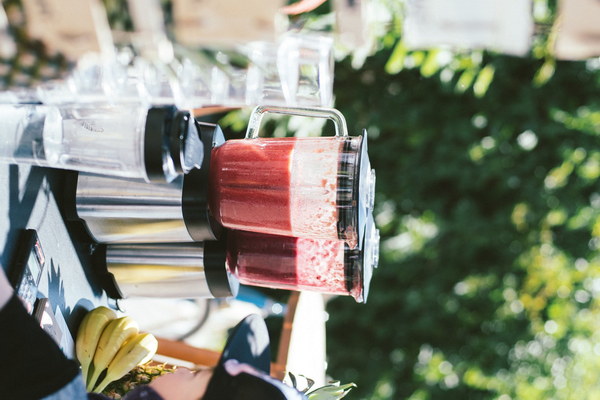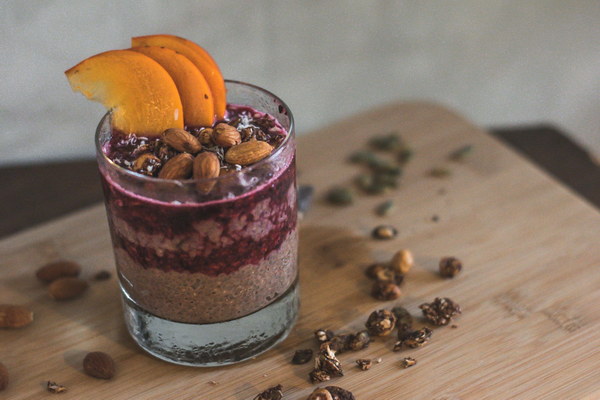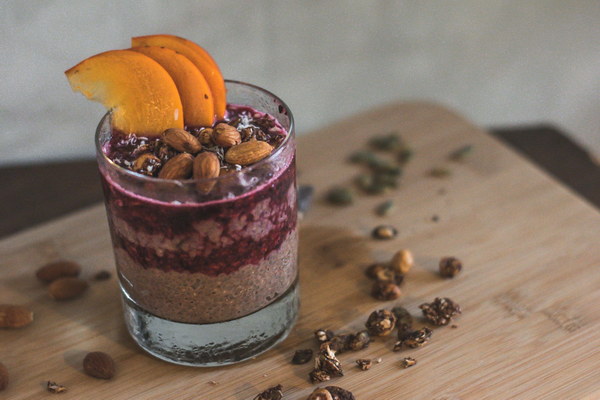Can Enzymes Really Reverse the Aging Process
In recent years, the anti-aging industry has been booming, with numerous products promising to turn back the hands of time. One of the most popular ingredients in these products is enzymes. But can enzymes really reverse the aging process? Let's dive into the world of enzymes and uncover the truth behind this claim.
Enzymes are proteins that act as catalysts in biological reactions, speeding up the rate at which these reactions occur. They are found in all living organisms and play a crucial role in various bodily functions, such as digestion, metabolism, and immune response. In the context of anti-aging, the question is whether enzymes can help combat the signs of aging, such as wrinkles, age spots, and sagging skin.
Firstly, it's important to understand that aging is a complex process influenced by various factors, including genetics, lifestyle, and environmental exposure. While enzymes may not be the magic bullet for reversing aging, they could potentially contribute to the anti-aging process in several ways.
1. Collagen production: Collagen is a protein that provides structure and elasticity to the skin. As we age, the production of collagen decreases, leading to sagging and wrinkles. Some studies suggest that certain enzymes, such as hyaluronic acid and elastin, can stimulate collagen production and improve skin elasticity.
2. Exfoliation: Dead skin cells can accumulate on the surface of the skin, making it look dull and aged. Enzymatic exfoliation, using enzymes like papain and bromelain, can help remove these dead cells, revealing smoother, more youthful-looking skin.
3. Inflammation reduction: Chronic inflammation is known to contribute to the aging process. Enzymes such as bromelain and papain have anti-inflammatory properties that can help reduce inflammation in the body and, consequently, improve overall skin health.
4. Detoxification: Enzymes can help break down toxins and promote the elimination of waste products from the body. By doing so, they can improve overall health and potentially slow down the aging process.
However, it's essential to approach the use of enzymes for anti-aging with caution. Here are a few considerations:
1. Quality and purity: The effectiveness of enzymes depends on their quality and purity. Opt for high-quality, pure enzymes from reputable sources.
2. Dosage: Too much of a good thing can be harmful. Follow the recommended dosage instructions provided by the manufacturer or healthcare professional.

3. Safety: Some individuals may experience allergic reactions to certain enzymes. Conduct a patch test before using a new enzyme product to ensure safety.
4. Lifestyle factors: While enzymes can contribute to the anti-aging process, they are not a substitute for a healthy lifestyle. Maintain a balanced diet, exercise regularly, and protect your skin from UV radiation to maximize the benefits of enzyme-based products.
In conclusion, while enzymes may not be the ultimate solution for reversing the aging process, they could play a role in promoting healthy aging. By supporting collagen production, exfoliating the skin, reducing inflammation, and aiding in detoxification, enzymes can help improve overall skin health and contribute to a more youthful appearance. However, it's crucial to approach enzyme-based anti-aging products with caution, considering factors such as quality, dosage, and safety. Remember that a holistic approach to anti-aging, including a healthy lifestyle, is the best way to achieve optimal results.









